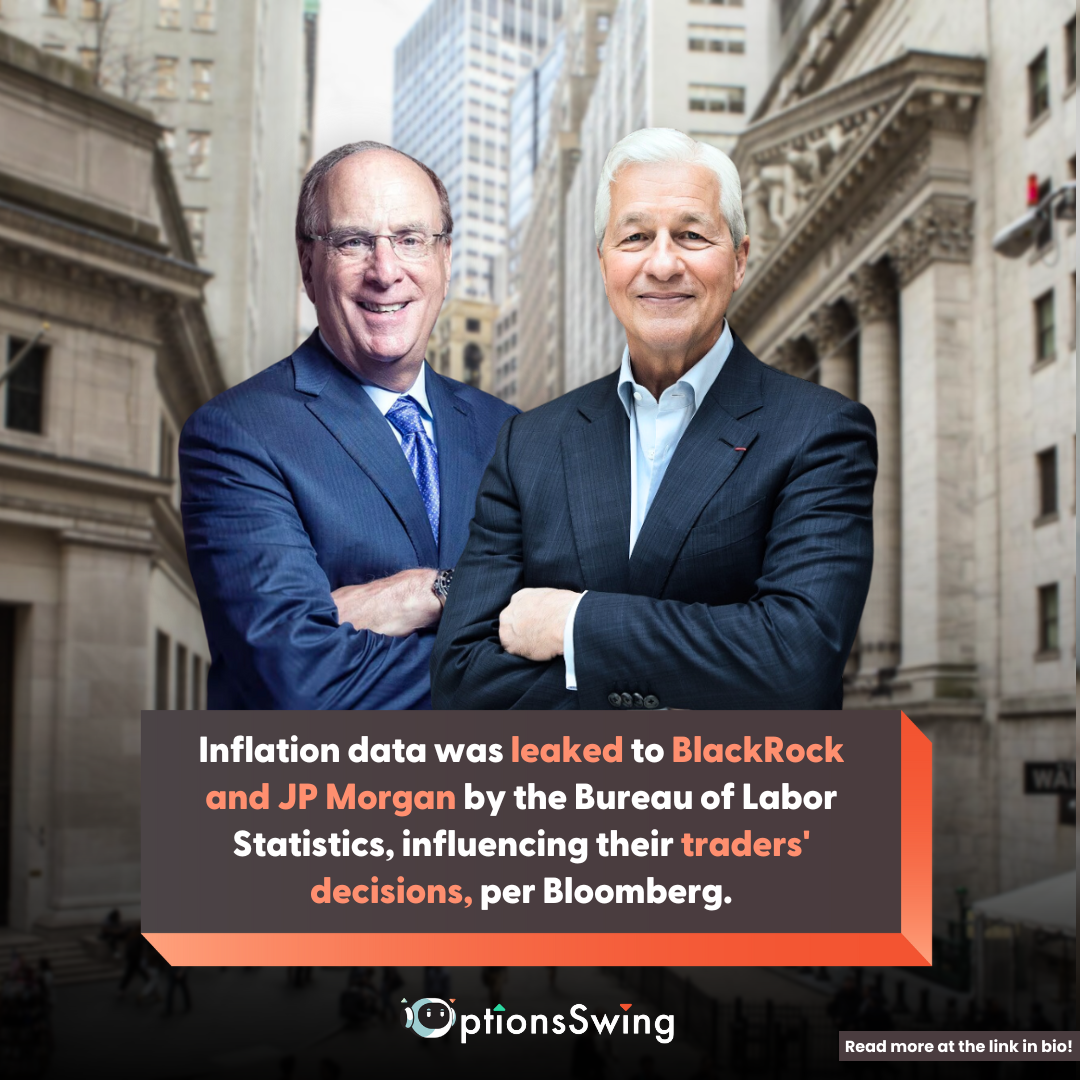

In recent developments, an economist from the Bureau of Labor Statistics (BLS) has been engaging in extensive correspondence with major Wall Street firms such as JPMorgan Chase & Co. and BlackRock Inc. regarding crucial data related to the U.S. inflation gauge, the consumer price index (CPI).
This revelation has ignited discussions around equitable access to economic information, raising pertinent questions about transparency and fairness in financial markets.
According to records obtained by Bloomberg, the BLS economist has been fielding numerous inquiries from financial institutions, particularly regarding computations within key CPI categories such as shelter and used cars.
The exchanges, which have been ongoing for several months, shed light on the economist's interactions with a select group of individuals referred to as "super users."
The existence of this exclusive group came to light when the economist, who has been with the BLS for many years, addressed them in an email chain. Although the BLS stated that it does not maintain a formal list of "super users," the economist referred to this group in one of the emails obtained by Bloomberg.
Despite efforts to maintain discretion, details such as email signatures and employer disclosures inadvertently revealed the involvement of various financial institutions, including banks, hedge funds, and research firms. Notable names like Brevan Howard, Citadel, and Nomura Securities International were among those identified in the exchanges.
The disclosure of this correspondence has prompted inquiries into the dissemination of economic information, particularly its potential impact on asset trading and Federal Reserve policy decisions.
While the BLS encourages public engagement and questions, it aims to ensure equal access to information for all stakeholders.
Emily Liddel, associate commissioner for publications and special studies at the BLS, acknowledged the significance of rebuilding trust with the public and data providers in light of these developments.
Obviously this has been an embarrassment for the agency,” Liddel said. “The public puts a lot of trust in us to be fair, and our data providers put a lot of trust in us for the data to be secure. It’s our goal to repair that trust.”
Liddel emphasized the agency's commitment to transparency and fairness, stating that efforts are underway to address concerns and repair any breaches of trust.
The situation also brought to light instances where the economist shared information that was not publicly available at the time, including details related to the calculation of the used cars index within the CPI.
While the BLS is investigating the extent of non-public information sharing, they have confirmed that the issues appear to be isolated to this particular staffer.
In response to queries, the BLS economist has refrained from commenting. However, the agency is actively reviewing the matter and taking steps to ensure the integrity and security of economic data dissemination moving forward.